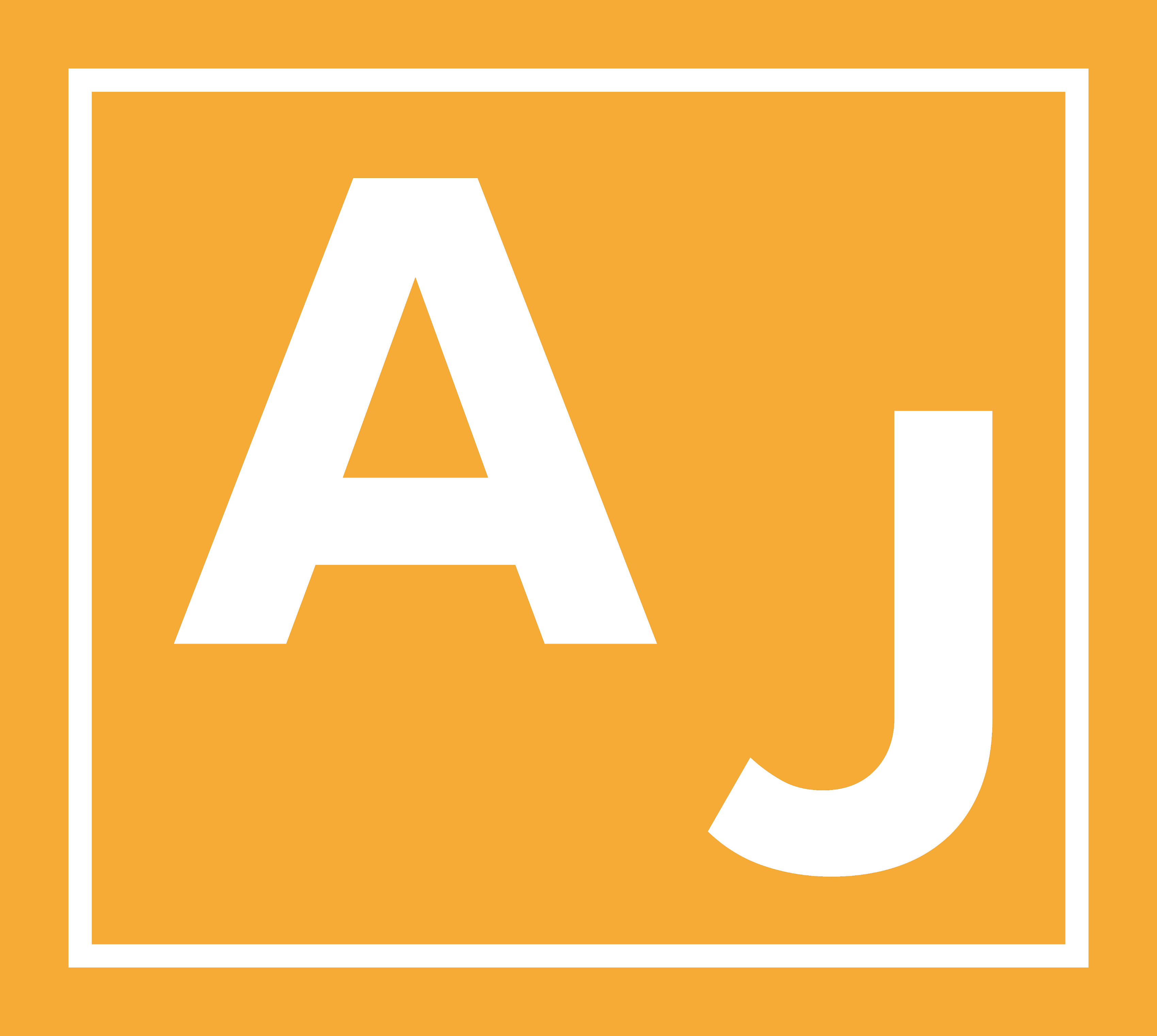New article out in Journal of Communication with Alexander Wuttke, Matthias Mader, and Harald Schoen: “A Source Like Any Other? Field and Survey Experiment Evidence on How Interest Groups Shape Public Opinion“.
Interest groups increasingly communicate with the public. But we know little about how effective they are in shaping opinions.
We know a lot about persuasion by political parties or high-profile candidates. But interest groups are different from these actors as they are typically much less well known. Now, how does this impact their role as communicators with the public?
When we examine persuasion, we expect that people have ways to assess the source of information (such as a parties or interest groups) and that they use this assessment in engaging with or processing messages.
As a consequence, political communication generally expects low persuasive effects of messages as people 1) mainly engage with messages by sources they support and 2) discard messages received by sources they are critical of.
But given the low public profile of interest groups, can we expect the same dynamics to hold for their persuasive appeals? We argue no and test this reasoning in two experiments.
First, we tested whether a message by a German business group with a low public profile increased support for an advocated economic policy. We tested this in a parallel survey and field experiment with three survey waves (N = 4,659). The message increased the salience of the policy, persuaded recipients of the advocated position, and increased accessible supporting considerations. Effects were modest in size and decayed over a week. Attitudes toward the interest group did not moderate the persuasive effect.
Then, we examined whether people were able to assess the credibility of ten environmental groups and six political parties in Germany (N = 700). More respondents were unable to express credibility assessments for the interest groups than for the political parties.
Finally, in a high-powered, preregistered survey experiment (N = 8,245) we tested directly whether credibility assessments affected the persuasive appeal by interest groups to the same degree as that by parties. In this final experiment, we focused on environmental groups and a message in support of energy efficient housing. Source credibility did not moderate the persuasive effect of a message attributed to a low-profile environmental group. But credibility assessments did moderate persuasive effects of the same message when we attributed it to a party. As expected, people who considered the party as a credible source on environmental issues changed their attitudes in line with the party’s message, but those who found the party not credible moved away from the advocated position.
These findings have important implications for the impact of interest group communication. As most people have no or inconsequential prior attitudes toward these low-profile sources, interest groups may neither hope for a boost in nor need fear a penalty against persuasiveness.
In this respect, their interventions appear to differ from those of actors with higher public profiles, such as parties and government representatives. The absence of credibility moderation does not imply, of course, that interest groups are generally more effective communicators.
However, whereas the persuasiveness of party communication is confined to segments of the population that are open to messages from these parties and may even have detrimental effects on others, many interest groups have the potential to address the entire public successfully.
Low-profile information sources of many different sorts are a consistent feature of contemporary communication environments, such as the wide variety of “alternative” sources challenging scientific and governmental bodies with respect to Covid-19. If messages by these sources follow the same patterns, high-profile sources such as governmental organizations face a considerable challenge in reaching doubters while low-profile sources such as alternative information providers can count on broad reach across populations.
As new groups engage in communication campaigns to shape public opinion, understanding their role as public communicators becomes important. This means accounting for their specific characteristics to understand their persuasive appeal and influence in public opinion formation.
So, if this is of interest to you have a look at the abstract or check out the article.
Abstract: Interest groups increasingly communicate with the public, yet we know little about how effective they are in shaping opinions. Since interest groups differ from other public communicators, we propose a theory of interest group persuasion. Interest groups typically have a low public profile, and so most people are unlikely to have strong attitudes regarding them. Source-related predispositions, such as credibility assessments, are therefore less relevant in moderating effects of persuasive appeals by interest groups than those of high-profile communicators. We test this argument in multiple large-scale studies. A parallel survey and field experiment (N = 4,659) establishes the persuasive potential of low-profile interest groups in both controlled and realistic settings. An observational study (N = 700) shows that substantial portions of the public are unable to assess interest group credibility. A survey experiment (N = 8,245) demonstrates that credibility assessments moderate the impact of party but not interest group communication.
Andreas Jungherr, Alexander Wuttke, Matthias Mader, and Harald Schoen. 2021. A source like any other? Field and survey experiment evidence on how interest groups shape public opinion. Journal of Communication 71(2): 276-304. doi:10.1093/joc/jqab005
